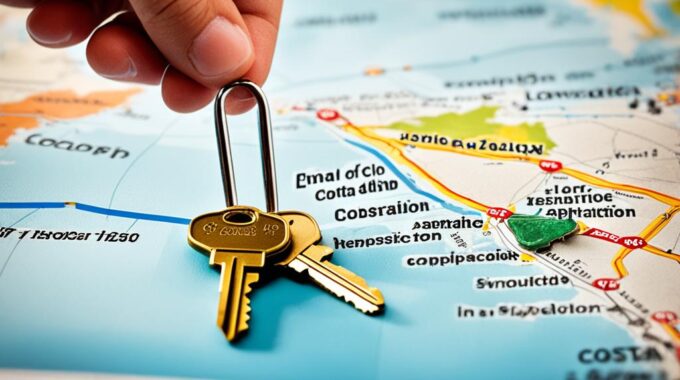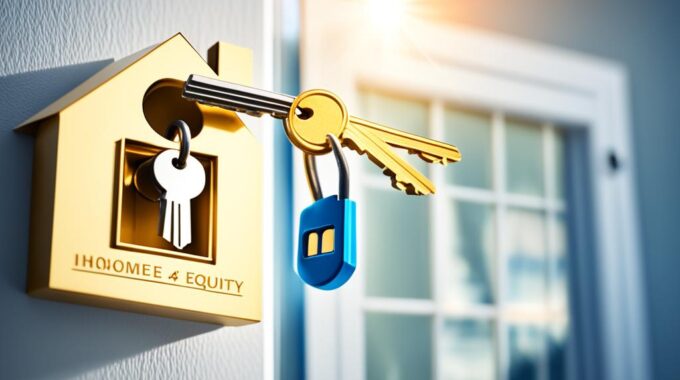Discover your solution with fast hard money loans in Costa Rica. Expert lending with quick approval for your immediate funding needs at GapEquityLoans.com.

Financing in Costa Rica: What You Need to Know
Financing in Costa Rica: Options for Real Estate
Financing in Costa Rica can be tricky if you’re looking to purchase real estate. While local financing options are available, the process can be complicated and require a lot of paperwork. We’ll explore the various financing options available for real estate in Costa Rica. In this article, local, owner, hard money, self-directed IRAs, and 401K rollovers
Local Financing in Costa Rica
While local financing in Costa Rica is available, there are many stipulations and hoops to jump through. Banks require that foreigners have permanent residency in Costa Rica. Interest rates vary from bank to bank, and top-notch credit is one of the main requirements. Term lengths range from 20 to 30 years, with capital and interest paid. On the other hand, a hard money loan consists solely of interest payments, making the payment substantially lower.
Owner Financing
If you’re short on funds, owner financing can be an excellent option. This involves asking the property owner to carry a small bridge loan for you. Most bridge loans are for 3 to 5 years, with the property owner determining the interest rate. While this option may only be available for some properties, it’s worth considering if you find a property you love but are still determining the amount you need to purchase.
Hard Money Lending
While hard money lending is an option, it’s important to note that it comes with risks. This option involves borrowing money from individuals who have large amounts of cash and are willing to loan to those in need. Interest rates and closing expenses are comparable to those offered by Costa Rican banks. In private money loans, the terms are shorter, ranging from one to three years.
Self-Directed IRAs
A self-directed IRA is a retirement account that lets you invest in a broader range of assets, including real estate. Even though most IRA companies say they are self-directed, many only let you invest in stocks, bonds, and mutual funds. On the other hand, other companies are real self-directed custodial companies that allow you to invest in real estate and other property-based assets. Federal rules and regulations exist about using IRAs to buy real estate, so it’s important to work with a financial planner or advisor who knows these rules.
401K Rollovers
Rolling over your 401K to a self-directed IRA is an excellent option if you’re looking to purchase real estate. This option involves transferring your current 401K to a self-directed IRA, which lets you invest in real estate without paying taxes or penalties. Most financial planners and advisors will tell you that you can’t use your IRA or 401K to buy real estate, but there are ways to invest in assets that you can see and touch.
Conclusion
While financing for real estate in Costa Rica can be complicated, options are available. Local funding, owner financing, self-directed IRAs, and 401K rollovers are all viable options. However, working with a financial advisor or planner familiar with these options’ rules and regulations is essential to ensure you’re making the best decision for your financial situation.
Can a foreigner get a mortgage in Costa Rica?
Yes, some banks offer mortgages to foreigners. However, banks require that foreigners already have their residency in Costa Rica.
What are the interest rates for mortgages in Costa Rica?
Interest rates for mortgages in Costa Rica can vary from bank to bank and depend on the amount loaned. They can range anywhere from 12% to 18%.
Can I get a fixed-rate mortgage in Costa Rica?
Most 20-year mortgages in Costa Rica are locked in at a fixed rate for the first three years, after which they turn into an adjustable-rate mortgage (ARM) for the remaining loan term.
Are there other ways to finance a property in Costa Rica besides getting a mortgage from a bank?
Yes, other ways to finance a property in Costa Rica include owner financing, hard money lending, and self-directed IRA or 401k rollovers.
What is owner financing, and is it a standard option in Costa Rica?
Owner financing is when the property owner agrees to carry a small bridge loan for the buyer. This can be a good option in Costa Rica, especially if the buyer needs more cash to purchase the property outright.
What is hard money lending, and is it a recommended option for financing a property in Costa Rica?
Hard money lending involves borrowing money from a lender with large amounts of cash but may charge higher interest rates and require shorter terms.
Can I use my self-directed IRA or 401k to purchase real estate in Costa Rica?
Yes, it is possible to use a self-directed IRA or 401k to purchase real estate in Costa Rica. However, there are federal rules and regulations pertaining to using IRA/401k to buy real estate, so it is important to consult with a financial advisor or custodial company before proceeding.
Article by Glenn Tellier (Founder of CRIE and Grupo Gap)





This Post Has 0 Comments